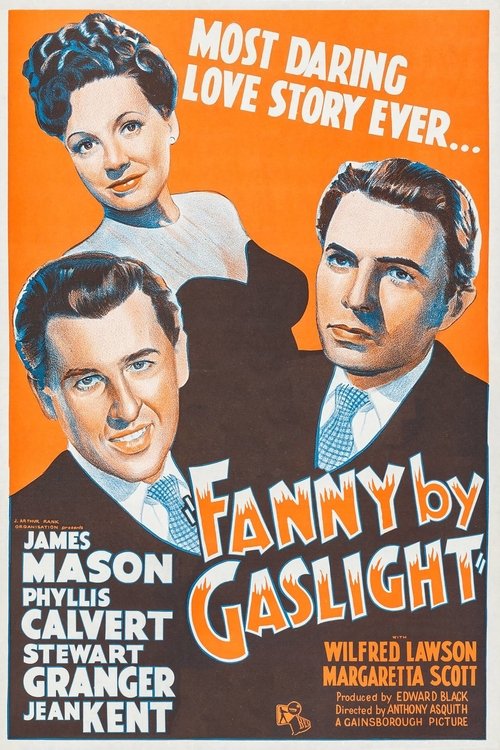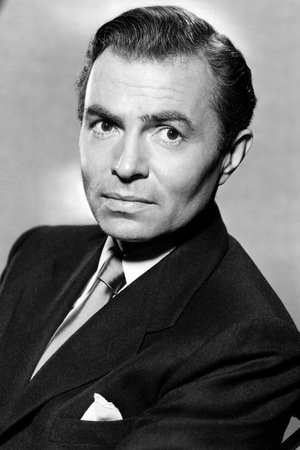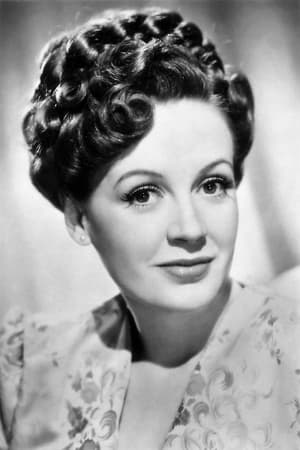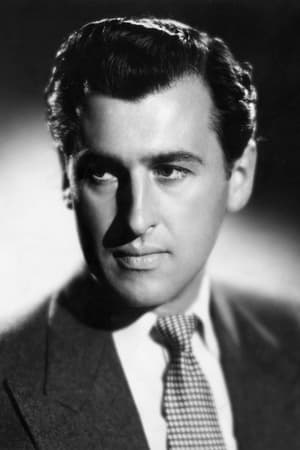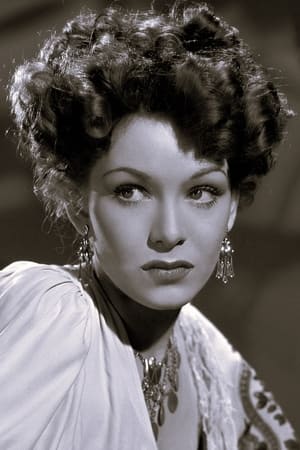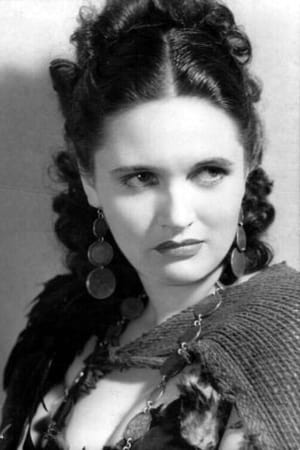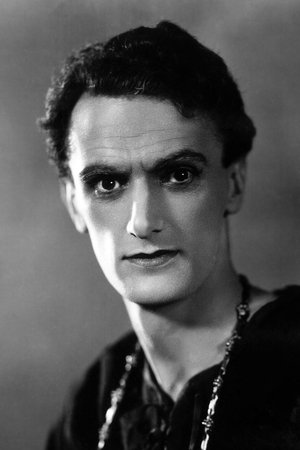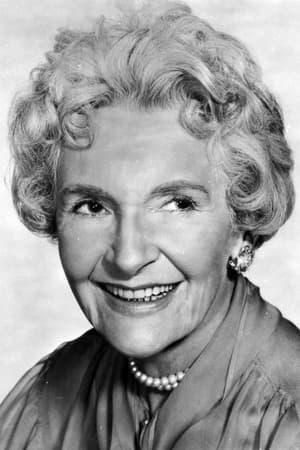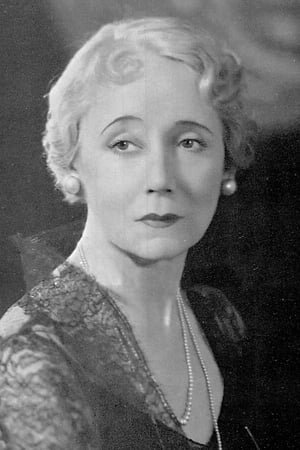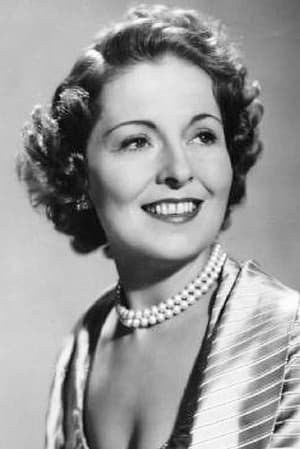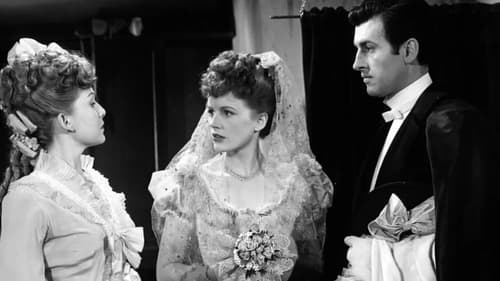
CinemaSerf
7
|
Jun 30, 2022
An entertaining look at Victorian morals and double-standards as told through the eyes of "Fanny" (Phyllis Calvert) who is the daughter of a seemingly well-to-do family. When her father dies, she discovers that he secretly ran an house of ill repute from the basement and her sheltered, ordered, life is turned upside down. She goes to live in the home of successful politician Stuart Lindsell ("Seymore") who confides news that offers her new hope before, again, disaster strikes and she must again fend for herself - though this time with some assistance from his former secretary Stewart Granger ("Somerford") - all the time haunted/stalked by the rather unlikeable "Lord Manderstoke" (James Mason). "Fanny" hasn't her problems to seek in this rather episodic melodrama, but Granger, Lindsell and Margaretta Scott all contribute to this rather fine melodrama that exposes the best and worst of English social hypocrisy well. Mason features sparingly, considerably less frequently than in Saddier's original 1940 novel, which is a bit of a shame as the ending rather depends on the tension his character creates, but it is still a well crafted romantic drama.
